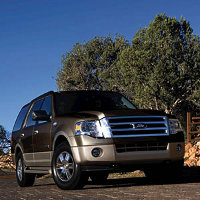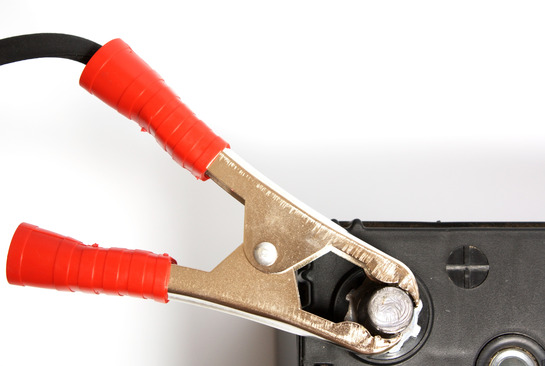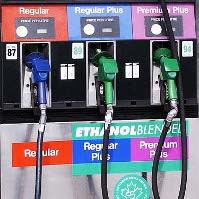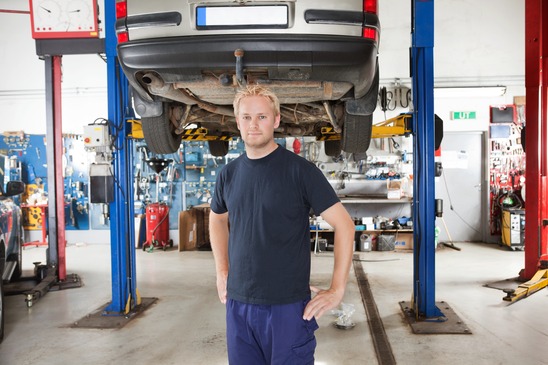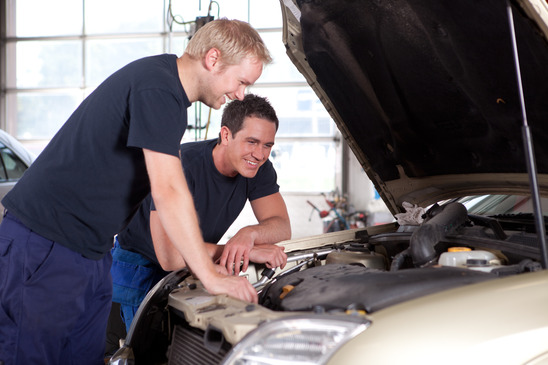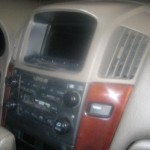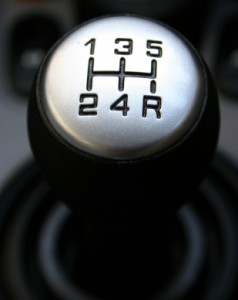
Colorado winters are tough on a lot of things, including your car. For the past few months, your auto has been battling freezing temperatures, snow and ice, de-icers and road salts. And of course the never-ending assault that comes from hitting the potholes that seem to be all over town. That can put a lot of stress on your car battery, tires, brakes and suspension.
While Denver can seem like a very small town at times, its still likely you travel hundreds of miles each and every month. Washing your car and getting rid of the dirt may put you in a springtime mood, yet it’s the regular maintenance cycle that will keep it running as well as it looks, and keep it in peak performance all year long.
Here are a few auto repair tips to help keep your car in top performance as we move into the long, warm summer months.
Battery
Batteries work harder when the temperatures are below freezing. In fact, they can compromise cranking performance by up to 60 percent. If you have a battery that is three years or older, test it regularly and replace it if it shows signs of weakness. Its cheaper than a tow and an emergency replacement. [Read more…]

